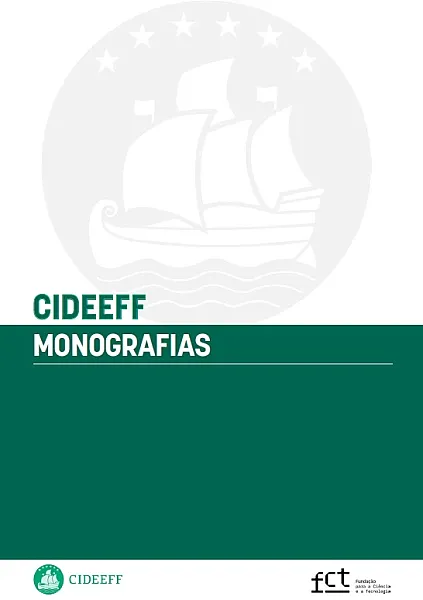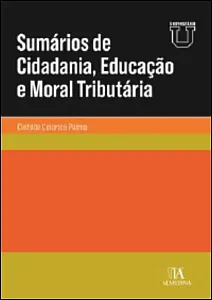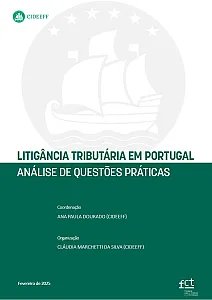O regime português de CFC: Compatibilidade com o Direito Constitucional, Internacional e Europeu

In recent years, CFC legislation has gained renewed attention in the tax arena, giving the relevant role it can play in the fight against BEPS. In this context, both the OECD / G20, through Action 3, and the European Commission, through the Council Directive (EU) 2016/1164, of 12 July 2016 (“Anti-Tax Avoidance Directive I” or “ATAD Directive”), recognized the importance of introducing or reinforcing CFC rules, in national legislations. Notwithstanding the fact that Portugal has had a CFC regime since 1995, this regime has experienced successive modifications, the last one being recently brought by Law No. 32/2019 of May 3, due to the transposition into the Portuguese legal system of the provisions of the ATAD Directive. One year after these changes occurred, this master thesis revisits the current Portuguese CFC regime, seeking to assess its compliance: with the recommendations issued by the OECD/G20 in this context (more specifically, those addressed to European Union Member States); with the impositions resulting from the ATAD Directive; with the European Union’s Primary Law (namely, with the freedom of establishment and the free movement of capital); and, with the Portuguese Constitutional Law (in
particular, with the principles of proportionality and equality). Since the Portuguese CFC regime needs profound changes, in this dissertation several alternative proposals will be made to the current article 66 of the Corporate Income Tax Code, whose justification relies on the necessary compatibility of the Portuguese CFC regime with the constitutional principles applicable in this matter and with the impositions of European Union Law, as well as, with the recommendations issued by the OECD/G20, within the scope of the Action 3 Final Report.



